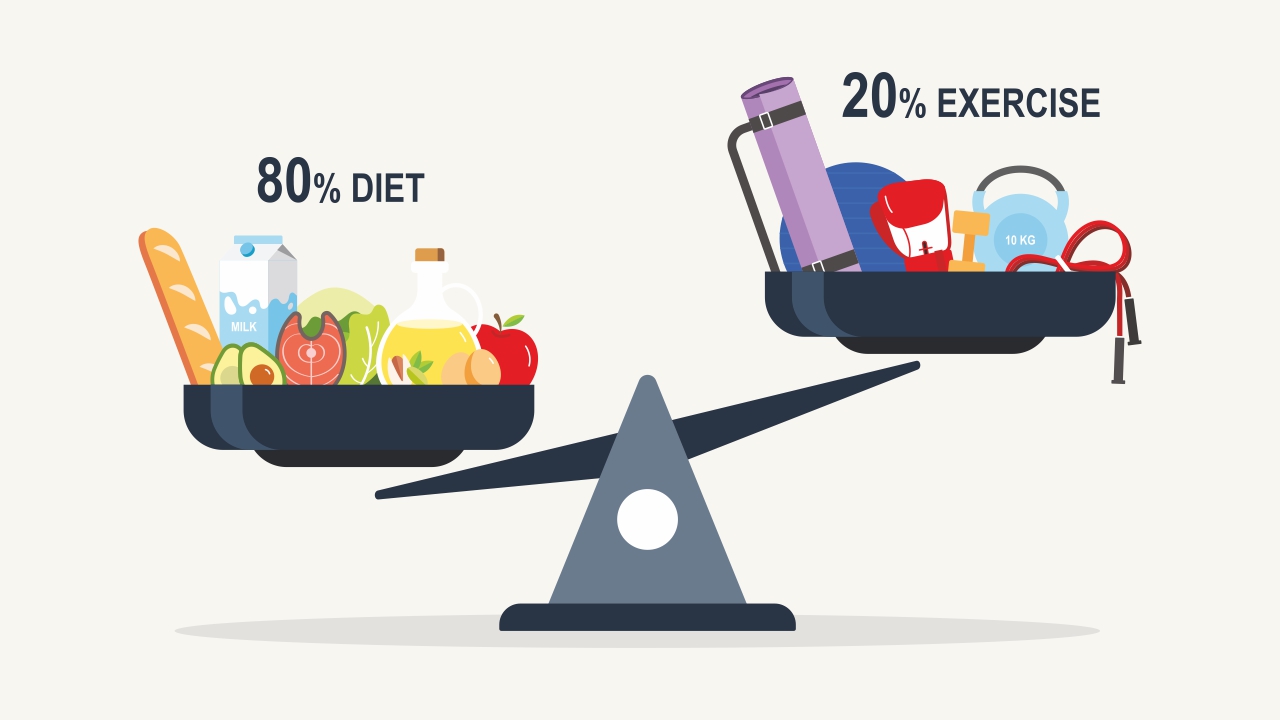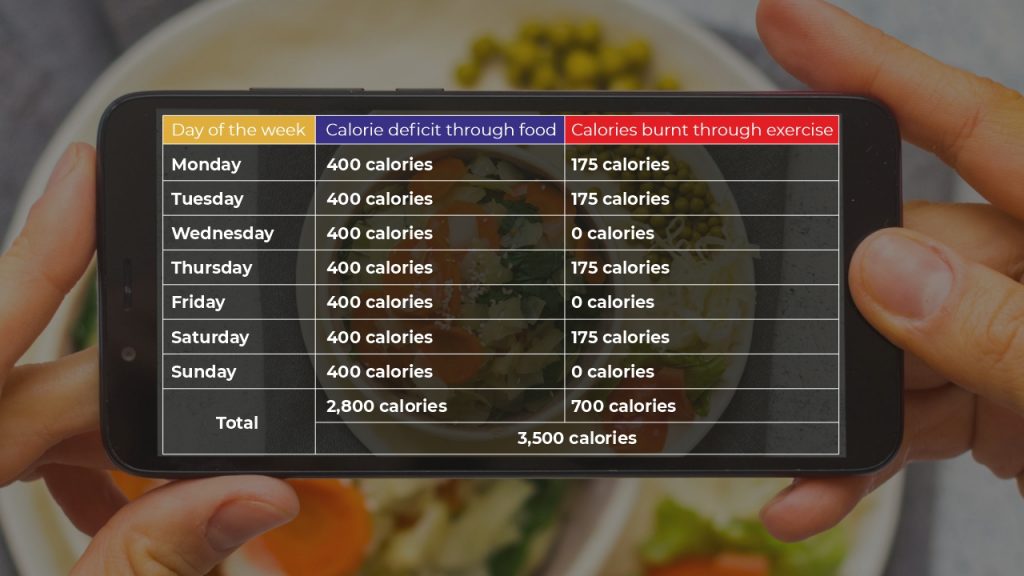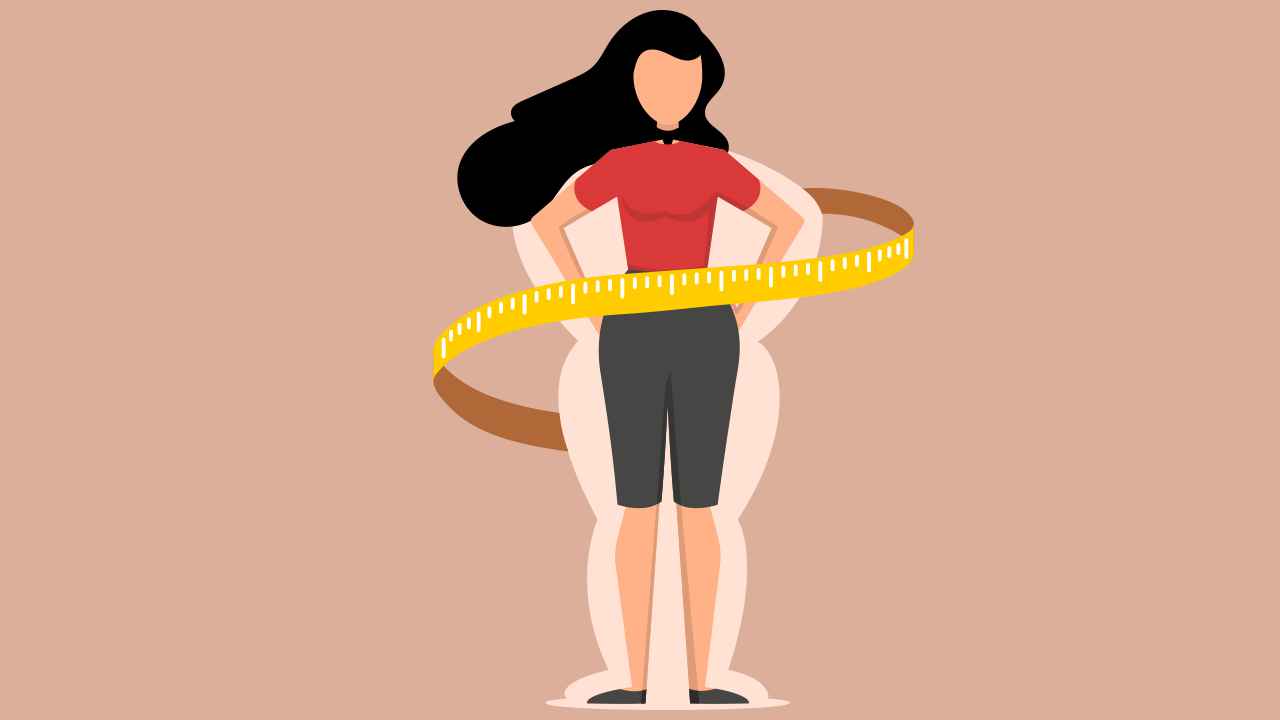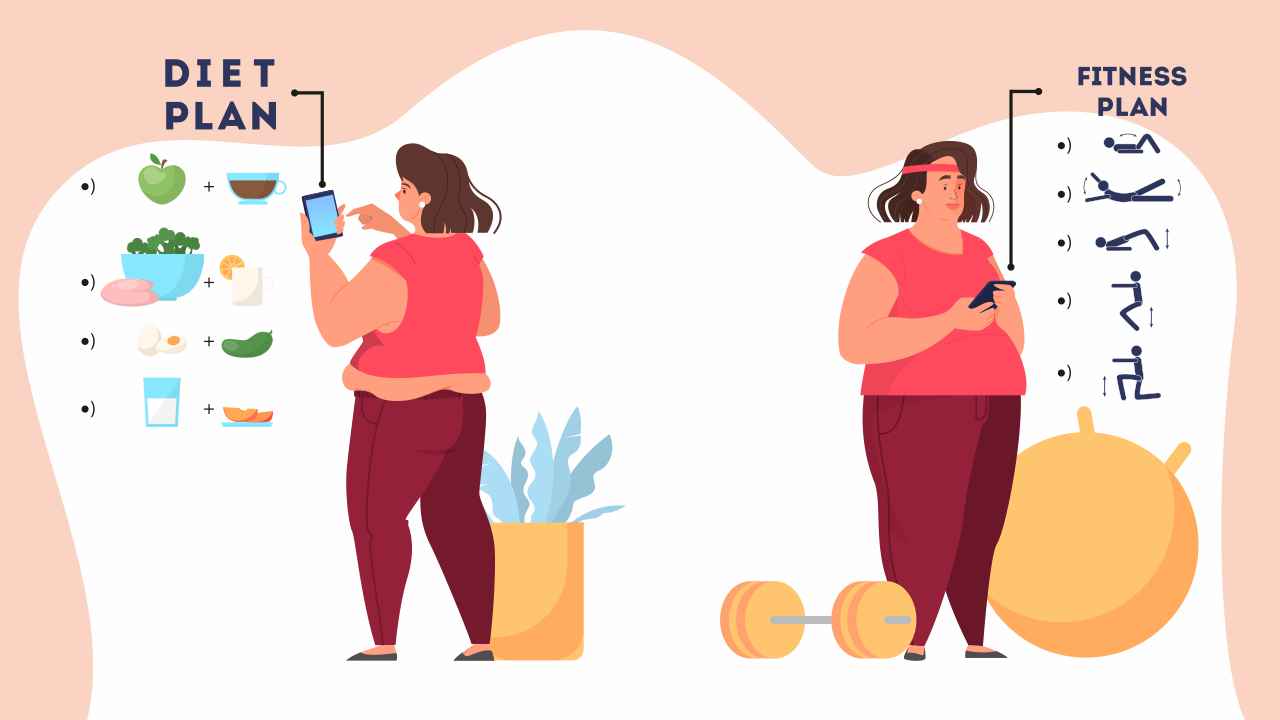
The 80/20 Rule: Should You Diet or Exercise to Lose Weight?

If you are just getting started on your fitness journey, chances are that you have come across the 80/20 rule for weight loss. But what is it and why is it important?
More than 2.1 billion people, ie, 30% of the global population today is overweight or obese. You know that working out every day may help with weight loss. But, doing so through exercise alone is neither easy nor sustainable. Research suggests that diet may contribute as much as up to 80% to weight management.
How does the 80/20 rule work?
Your body must be in a negative energy balance in order to lose weight. Simply put, your body must burn more energy than it consumes, or consume lesser energy than it can burn. While you might be inclined towards either dieting or exercise to achieve this negative energy balance, let us find out why the 80/20 rule is a smarter approach to take.
Why can’t either diet or exercise help?
Say, you want to lose 2-4kg in a month. It would require you to maintain a daily deficit of 500-1000 calories for that period.
If you follow no diet restrictions and hope to burn off those additional calories in the gym, you’d find it quite challenging. To give you a perspective, you’d have to run 6-12km every day to create the required negative energy balance
Vigorous physical activity cannot be carried out for a long period of time without increasing your energy intake (so you have to eat more), and that itself would cancel out your efforts to lose weight.
On the other hand, if you only diet and consume dietary supplements for weight loss, you’d be missing out on the benefits of physical activity like strengthening of bones, and building and maintaining muscle mass. Doing regular exercise along with having the best workout supplements for weight loss is crucial to maintain one’s overall fitness.
Hence, a 80/20 combination of diet and exercise is the way to go.
Also watch: Is Exercise the Only Way to Burn Calories?
How to apply the 80/20 rule?
If you want to lose 2kg weight in a month, your aim would be to burn around ½kg fat per week. This would require an approximate deficit of 3,500kcal a week. Let’s see how the 80/20 rule would apply here.
80% of 3,500kcal = 2,800kcal
20% of 3,500kcal = 700kcal
According to the 80/20 rule, your ideal calorie deficit with a 2,800kcal deficit from diet and 700kcal burn from exercising four days a week, could look something like this:

We are assuming that you are working out every alternate day i.e. 4 days a week. To get some sense of what it means to burn 175kcal through exercise, it is like jogging for about 3kms. For you to lose 400kcal per day through food, you could look at reducing small amounts of calories from each of your meals. If you have 3 meals, you could reduce 150kcal from every meal which is equivalent to eating 2 less slices of bread or 2 less cups of tea with sugar, half of a fried samosa, 1½ less indian breads (rotis) or halving your cup of rice. Additionally, you may include the best natural supplements for weight loss in your diet.
This ratio can help you sustain and achieve your weight loss goal.
Also, it is not crucial to hit an exact 80/20 ratio between diet and exercise. It’s important to understand how they complement each other to initiate weight loss.
Remember, you can always lose weight by following a diet and consuming fat burner supplements and not doing any physical activity. However, this is an unhealthy practice to follow. But having said that you can never lose or maintain weight if unhealthy eating habits keep compensating for the weight you lose by exercising.
References
1. Foster-Schubert KE, Alfano CM, Duggan CR, et al. Effect of diet and exercise, alone or combined, on weight and body composition in overweight-to-obese postmenopausal women. Obesity (Silver Spring) 2012; 20: 1628–38.
2. Strasser B, Fuchs D. Diet Versus Exercise in Weight Loss and Maintenance: Focus on Tryptophan. Int J Tryptophan Res 2016; 9: 9–16.
3. Swift DL, Johannsen NM, Lavie CJ, et al. The role of exercise and physical activity in weight loss and maintenance. Prog Cardiovasc Dis 2014; 56: 441–7.













